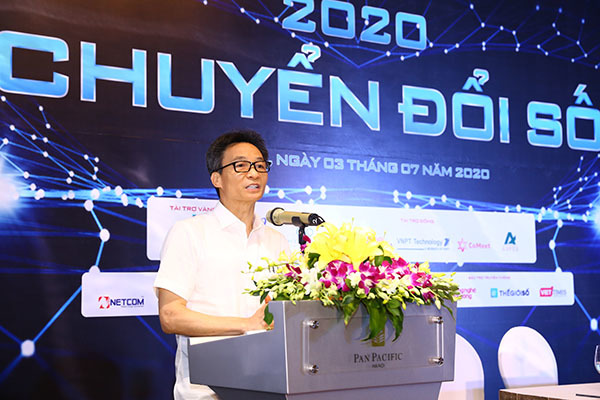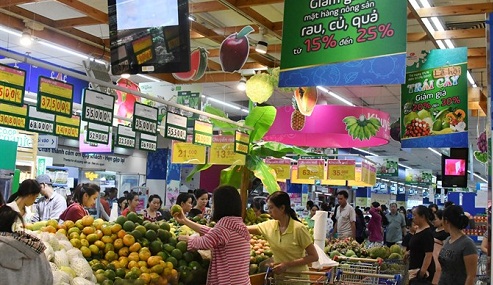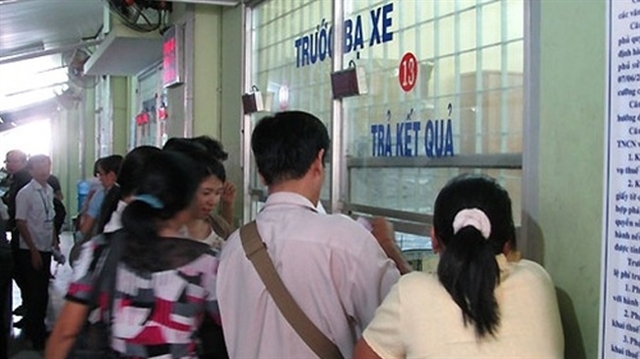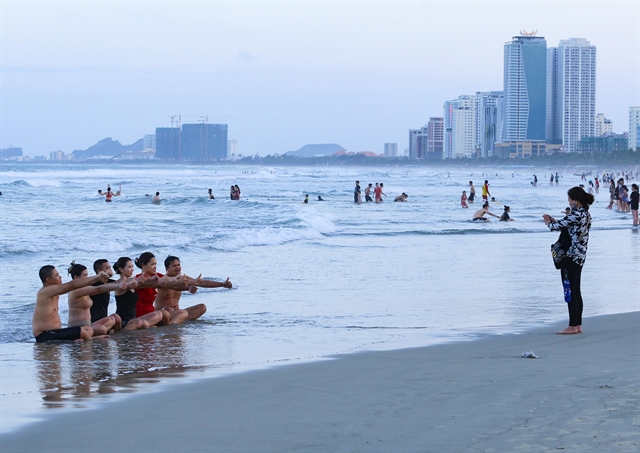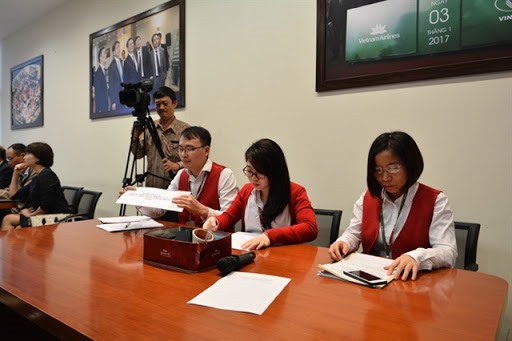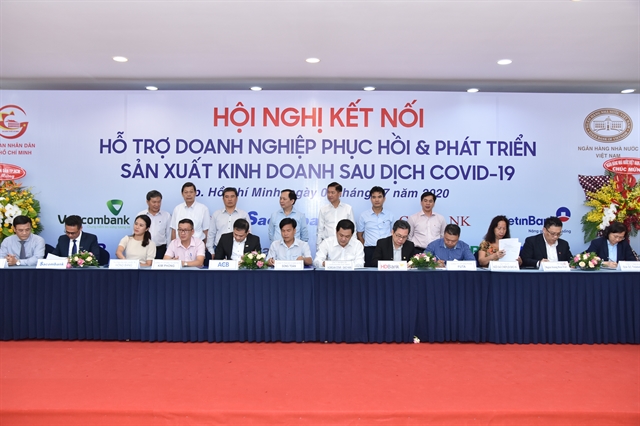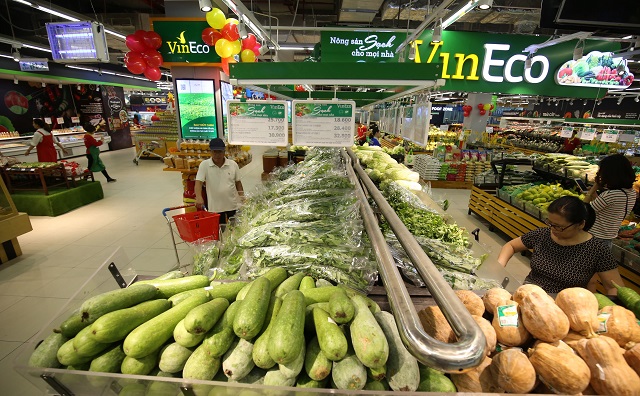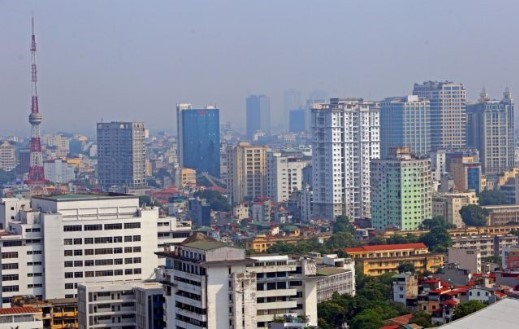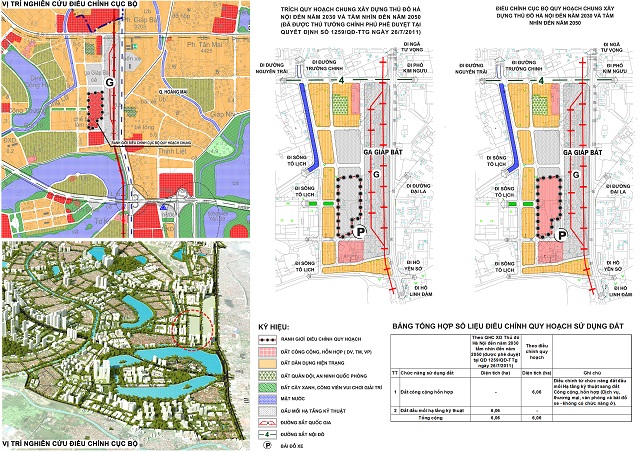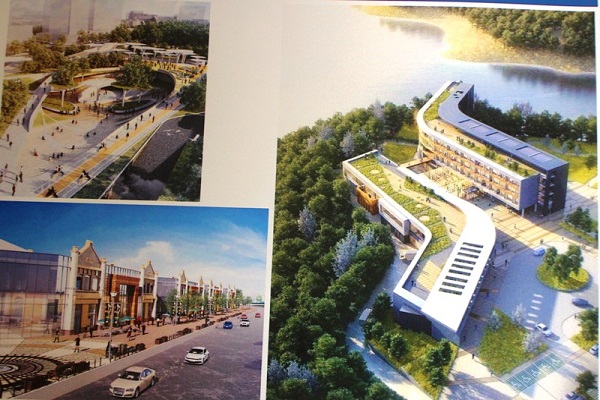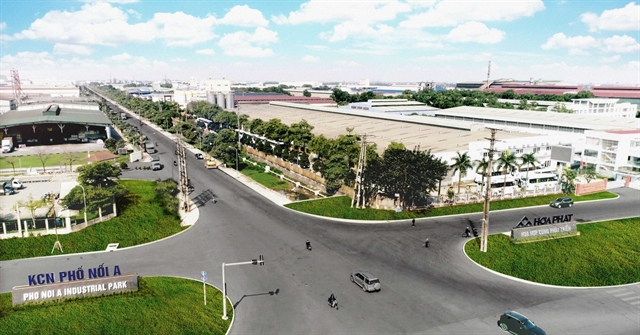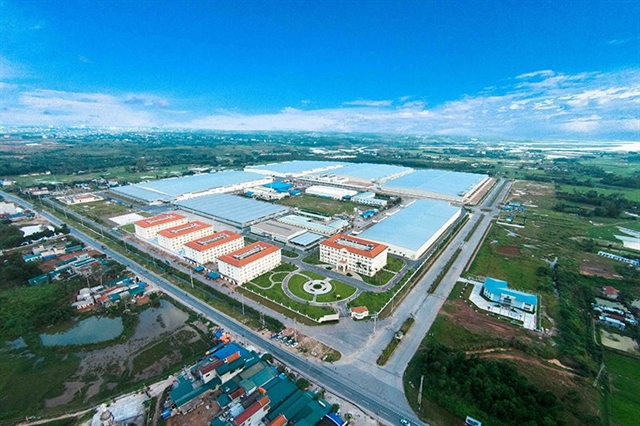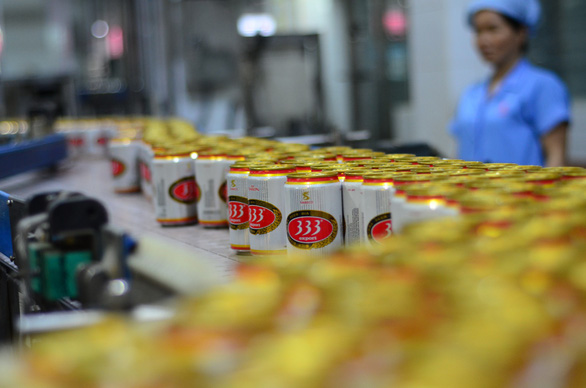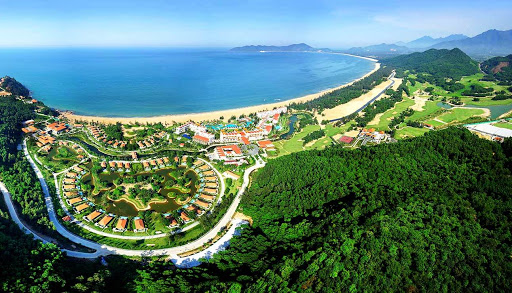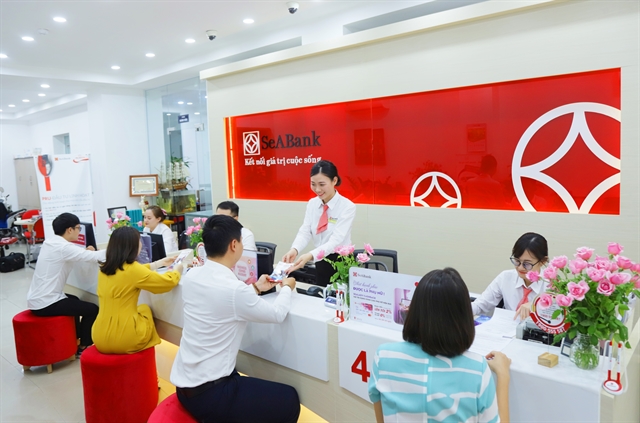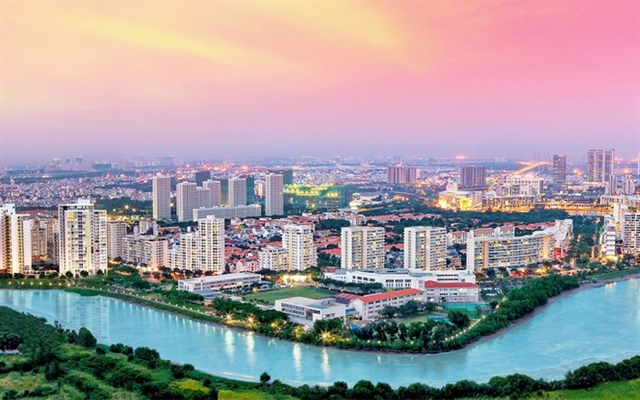
Compiled by Thiên Lý
Many segments of the real estate market are soon expected to benefit from the EU-Việt Nam Free Trade Agreement, which takes effect in August.
According to property consultancy CBRE Vietnam, the trade deal would boost the country’s exports, and the concomitant changes will have a significant impact on segments like offices and housing for rent, serviced apartments and, especially, industrial properties.
It said the deal would help Việt Nam attract plenty of new foreign investment since investors always seek preferential policies like the ones EVFTA would offer.
The trade agreement is set to eliminate virtually all tariffs over the course of a decade.
According to the European Parliament website, this should result in 15 billion euros in annual additional exports from Việt Nam to the EU by 2035.
The transparency that is mandatory for a country when joining free trade agreements like EVFTA will improve Việt Nam’s business environment, helping reduce foreign investors’ concerns.
Lê Trọng Hiếu, director of industrial and logistics services at CBRE Vietnam, said the country’s success in controlling the COVID-19 outbreak would cause many foreign companies to shift their manufacturing bases here from China.
Experts said all these factors are set to benefit the industrial property segment, including land and ready-built factories.
Industrial parks and clusters located near ports are expected to be the most attractive targets for new investors.
Provinces like Vĩnh Phúc, Hưng Yên and Hải Dương in the north, and Long An and Bà Rịa-Vũng Tàu in the south are likely to be the hotspots.
An expert in industrial real estate said many foreign investors have high expectations that the EVFTA would enable them to increase investments in Việt Nam with many big projects.
But the industrial real estate market would not really benefit from the EVFTA until the middle of 2021 when demand starts to come through.
While many experts believe the EVFTA will come as a boost to the industrial real estate market, others have reservations, including about the fact that FDI is moving out of China because of the COVID pandemic.
They said this is because the industrial property sector in Việt Nam still has many shortcomings related to transport infrastructure, storage and industrial supply chains.
Housing, office for rent
Many experts said the housing and office for rent segments would also become vibrant thanks to the increase in foreign investment, which would bring along with it a number of experts, traders and workers to Việt Nam and improve demand.
Nevertheless, they warned that Việt Nam, especially its industrial property developers, should make careful preparations to grasp the opportunities arising from the free trade agreements and switch by foreign investors from other countries.
They should have enough land not only for setting up factories, workshops and warehouses but also for housing for workers, they said.
While the industrial real estate sector is expected to develop strongly thanks to the arrival of more foreign investors who want to take advantage of the free trade agreements and the move by foreign companies from China due to the escalating US-China trade war and the pandemic, there is also a danger of oversupply without proper planning, they said.
According to a report by the Ministry of Planning and Investment’s economic zones management department, by March 2020 Việt Nam had 335 industrial parks with a combined area of 97,800 hectares of natural lands, including 66,100ha for industrial production. The occupation rate was 75.7 per cent.
There were 17 coastal economic zones with 845,000 hectares of both land and water.
Experts said Việt Nam could become a new factory of the world especially as multinational corporations strengthen diversification of their investment destinations by repositioning production facilities after the COVID-19 pandemic.
It is this that has made Việt Nam’s industrial real estate market very vibrant, as indicated by the reports of many real estate agencies on existing and new customers’ increasing demand for rental land, ready-built factories and warehouses since the beginning of this year.
This robust growth has attracted many local enterprises who want to invest in this business.
The Tân Thành Long An Investment Joint Stock Company and the Việt Nam Creative Industrial Park Management Company based in the southern Long An Province have recently started construction of the Việt Phát Industrial Park on an area of 1,800 hectares.
Not far away from there, the 195-hectare Đức Hoà III-SLICO Industrial Park has just been built.
The developer of the park said it has been designated to serve supporting and processing industries.
In Bình Định Province, construction of the Becamex Bình Định Industry Park was approved early this year at a cost of VNĐ3.3 trillion and on an area of 1,000 hectares. The park will be used for industrial production and services.
Đầu Tư (Investment) newspaper reported that Vingroup, through its subsidiary Vinhome, plans to enter the industrial properties segment, developing properties in industrial parks in Hải Phòng City and Hải Dương and Quảng Ninh provinces.
The Đồng Nai Rubber Corporation has petitioned the Đồng Nai People’s Committee to allow it to change land use rights for 18,000 hectares out of a total of 37,000 hectares it manages for the construction of industrial clusters and parks.
But this kind of enormous development of industrial properties can easily result in an oversupply crisis, especially when the world economy has yet to show signs of stability, likely causing difficulties for the relocation of foreign companies even when they really want.
Developers of industrial real estate also need to focus on the development of transport and logistics infrastructure, housing and social requirements like kindergartens and entertainment centres for workers rather than just factories and warehouses if they want to attract foreign companies. — VNS


